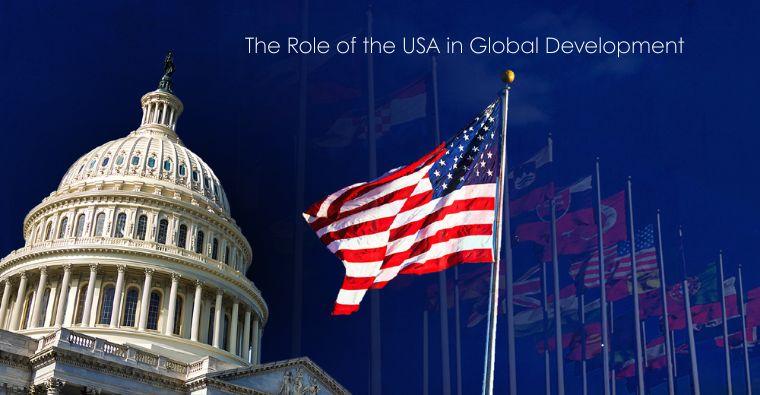The new policies, set to take effect in early 2025, mandate that companies using AI tools for recruitment and employee evaluations adhere to strict guidelines designed to promote equitable treatment of job applicants. These regulations require that AI systems be regularly audited for bias and that companies provide clear disclosures to candidates about how AI is being used in their hiring processes.
Key Provisions of the New Regulations
Bias Audits: Companies must conduct annual audits of their AI systems to detect and mitigate biases related to race, gender, age, and other protected characteristics. These audits will help ensure that AI tools do not perpetuate existing prejudices or create new forms of discrimination.
Transparency Requirements: Employers are required to inform job applicants when AI is used in the evaluation process. This includes providing details about the type of data collected, how it is analyzed, and how decisions are made based on AI assessments.
Data Privacy and Security: The regulations emphasize the importance of safeguarding personal data. Companies must implement robust data protection measures to prevent unauthorized access and misuse of sensitive information.
Human Oversight: Despite the reliance on AI, human oversight remains a crucial component. Employers must ensure that final hiring decisions involve human judgment and are not solely based on AI outputs.
Implications for Employers and Job Seekers
For employers, the new regulations will necessitate a review and potential overhaul of existing AI systems. Businesses will need to invest in compliance measures, including bias detection tools and transparency protocols. While this may entail additional costs and operational adjustments, the regulations aim to foster a fairer and more inclusive hiring environment.
Job seekers, on the other hand, will benefit from increased transparency and accountability. The ability to understand how AI influences their employment prospects can empower candidates to advocate for fair treatment and challenge potentially biased practices.
Broader Impact on AI Ethics
New York City's regulations represent a significant step in the broader conversation about AI ethics. As AI continues to play a larger role in various aspects of life, from healthcare to criminal justice, the need for ethical oversight becomes increasingly critical. By setting a precedent for AI governance in employment, New York City hopes to inspire other jurisdictions to adopt similar measures and contribute to the development of ethical AI standards globally.
Industry and Public Reactions
The response to the new regulations has been mixed. Advocates for AI ethics and civil rights organizations have largely praised the initiative, viewing it as a necessary measure to combat discrimination and promote equality. However, some business leaders express concerns about the potential financial burden and operational challenges posed by the compliance requirements.
New York City's new AI regulations mark a proactive approach to addressing the ethical challenges of AI in hiring. By ensuring that AI systems are transparent, unbiased, and subject to human oversight, the city aims to create a more equitable job market and set a benchmark for ethical AI practices worldwide.




